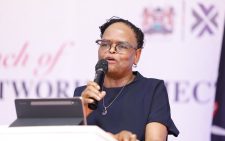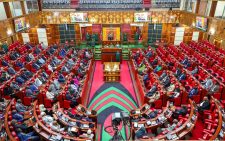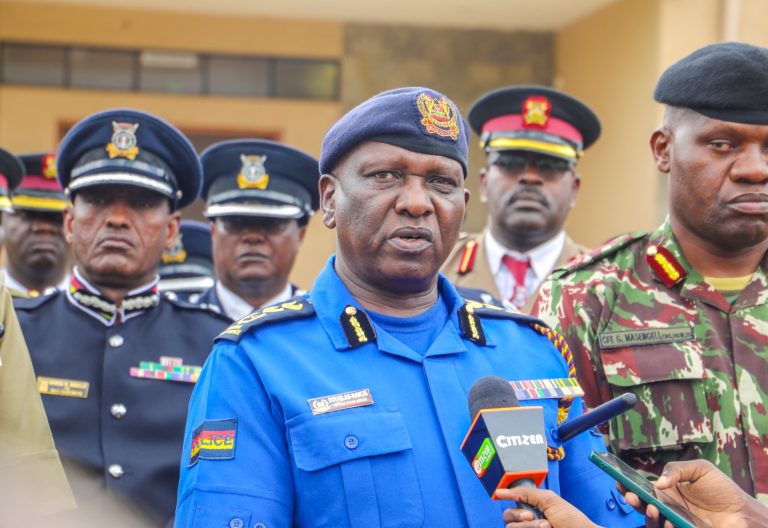Bench sets dates for hearing petition against IEBC nominees
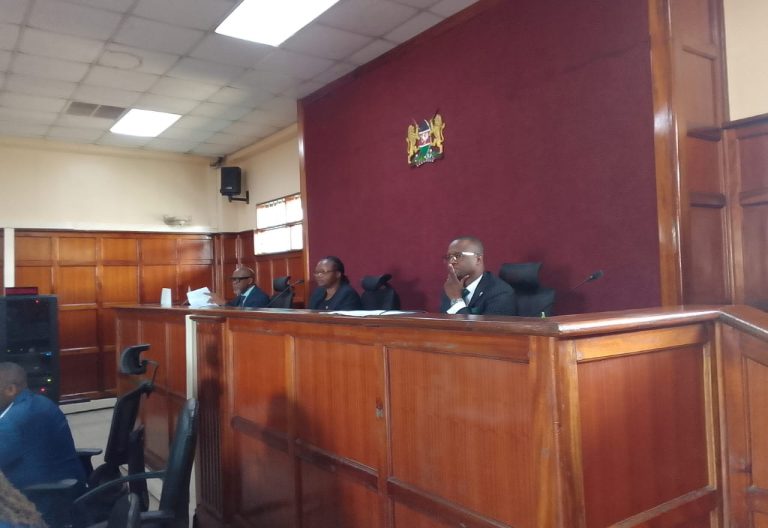
The three-judge bench appointed by Chief Justice Martha Koome to hear and determine the petition filed by two activists, challenging the nominees of the Independent Electoral and Boundaries Commission (IEBC), will kick off on June 23, 2025.
The bench, consisting of Lady Justice Roselyne Aburili as the presiding judge, Justice John Chigiti and Justice Bahati Mwamuye, issued the directive on Monday, June 9, 2025.
This came after the petitioners and defendants in the petition informed the court that they had not yet filed their submissions.
While appointing the bench, CJ Koome stated the matter is an urgent one, directing that the case be heard on a day-to-day basis until conclusion.
On May 29, 2025, Judge Lawrence Mugambi forwarded the case file to the CJ to empanel an even number of judges to hear and determine the petition, pursuant to Article 165(4) of the Constitution.
In his ruling, he argued that although the present petition could be heard by a single High Court judge, the nature of the petition warrants the court exercising its discretion in favour of an extended bench due to its public importance and significance to constitutional democracy.
He also noted that the petitioners had succeeded in demonstrating a real threat to the right to free and fair elections if the process is not constitutionally compliant—an issue that could undermine a constitutionally protected tenet.
Further, he stated that the matters raised by the petitioners are fundamental, constitutionally arguable questions that deserve detailed examination and consideration by the court.
Additionally, he said that the issues raised involve serious constitutional questions that cannot be dismissed lightly and that they merit in-depth interrogation and analysis.
However, Mugambi allowed the National Assembly to proceed with the vetting process of the proposed Independent Electoral and Boundaries Commission (IEBC) commissioners.
He stated that, according to the petition, the issue lies not in the vetting and approval process in the National Assembly but in the selection and nomination process.
“I will allow the vetting and approval process in Parliament to proceed, but the court has a duty to determine the constitutionality of the issues raised in the petition on the selection and nomination process,” Justice Mugambi ruled.
Justice Mugambi also issued conservatory orders preventing the gazettement, swearing-in, or assumption of office by the seven nominees once the vetting and approval process by Parliament is complete, or by any other person or persons as chairperson or commissioners of IEBC.
“Pending the hearing and determination of the petition, a conservatory order is hereby issued forbidding the gazettement, swearing-in, or assumption of office by Erastus Edung, Ann Nderitu, Moses Mukhwana, Mary Sorobit, Hassan Noor Hassan, Francis Aduol, and Fahima Abdallah, or any other person or persons as the chairperson or commissioners of IEBC,” Judge Mugambi ruled.
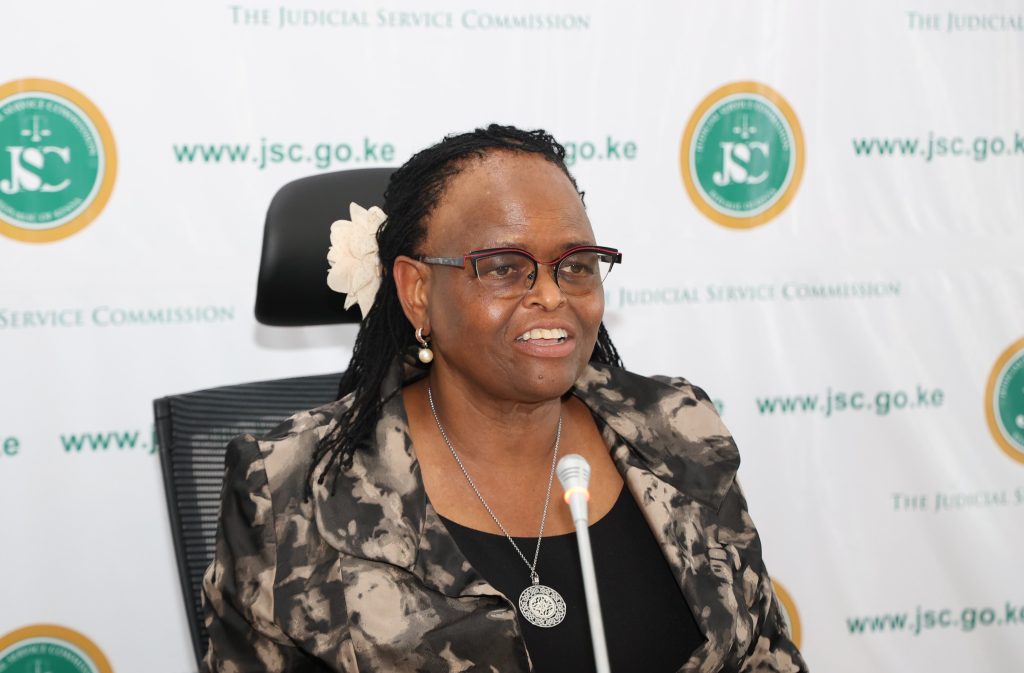
Kelvin Roy Omondi and Boniface Mwangi filed a petition seeking to stop the vetting and approval by the National Assembly of President William Ruto’s nominees for the positions of chairperson and commissioners of the IEBC.
They described the public participation in the matter as inadequate, citing a lack of transparency in the dissemination of information regarding the selection of the IEBC chairperson and commissioners.
Through their lawyer, Paul Muite, they argued that the selection panel violated the Constitution and urged the court to fully address all the issues raised in the petition.
According to the petition, Omondi and Mwangi stated that several applicants—except Hassan Noor Hassan—were shortlisted for interviews and attended interviews for chairperson and members of the IEBC.
Further, they stated that certain names were subsequently added under opaque and unclear circumstances and were interviewed by the now-defunct IEBC Selection Panel in a manner that lacked transparency.
The petitioners also claimed that the selection process was not merit-based, as some candidates who did not score highly in interviews were selected, others had integrity issues, and some were irregularly included in the shortlist, thereby compromising the credibility of the process.
“That the nominations are not only illegal but also unconstitutional for failing to meet the requirements of public appointments as espoused under Articles 10, 232, and 250(3) & (4) of the Constitution of Kenya, 2010, as read with the Independent Electoral and Boundaries Commission Act and the Public Appointments (Parliamentary Approval) Act, Chapter 7F, Laws of Kenya,” part of the petition read.

